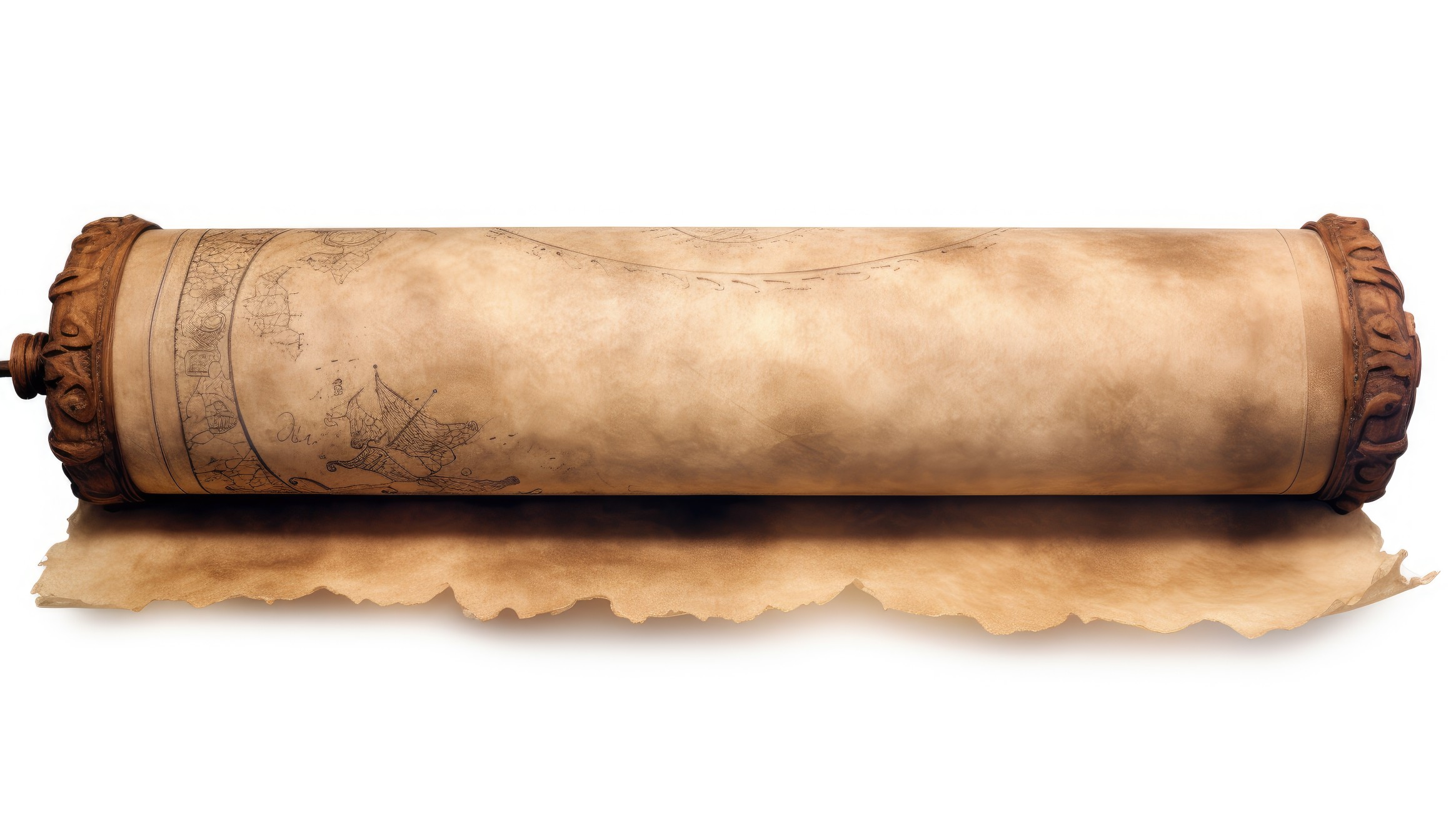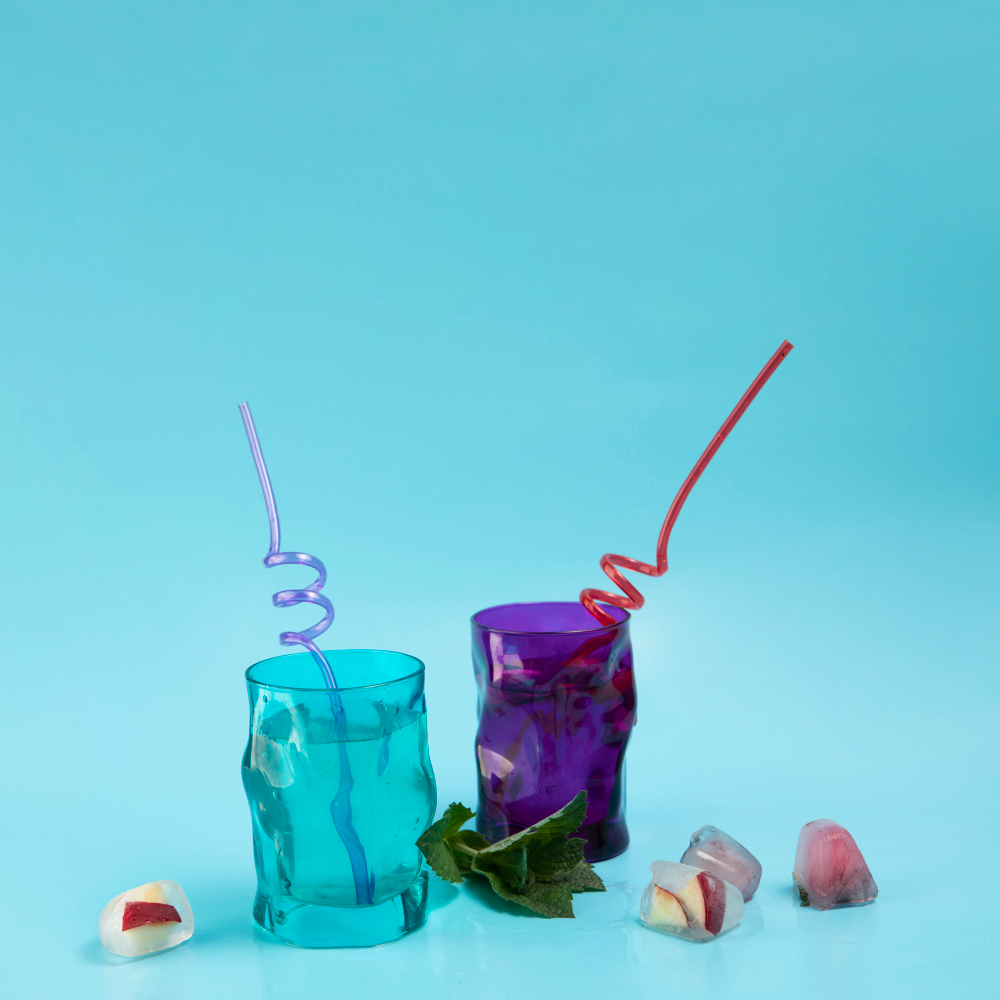Unveiling the Secrets of 2,000-Year-Old Texts: How Students Used AI to Decode Ancient Scrolls

The discovery of ancient texts, buried under the volcanic ash of Mount Vesuvius for over 2,000 years, has captivated historians and archaeologists for centuries. These carbonized scrolls, hidden since the eruption in 79 AD, seemed impossible to read—until recently. A team of three students, armed with AI tools and the power of collaboration, unlocked the secrets of these ancient texts in a historic breakthrough.
The journey of Youssef Nader, Luke Farritor, and Julian Schilliger began with the Vesuvius Challenge, a global competition designed to decipher the Herculaneum Papyri. These three students, working across different time zones, successfully decoded significant portions of these fragile ancient scrolls using cutting-edge technology like AI and GitHub Copilot. Their work not only won them the $700,000 prize but also provided a glimpse into the future of how technology can resurrect ancient history.
The Vesuvius Challenge, launched in March 2023, aimed to achieve what scientists had long thought impossible—decoding the Herculaneum Papyri without physically unrolling or damaging them. These texts had been carbonized during the eruption of Mount Vesuvius, rendering traditional methods of reading them ineffective. With the scrolls’ delicate condition, even the most advanced imaging techniques struggled to reveal the ink and inscriptions on the fragile artifacts.
In recent years, breakthroughs in virtual unwrapping and X-ray technology had allowed researchers to make headway in reading other ancient texts, such as the Dead Sea Scrolls. However, the ink on the Herculaneum scrolls posed new challenges, requiring an AI-driven approach to detect and analyze the faintest traces of ancient writing.
This is where GitHub Copilot and AI-powered collaboration entered the scene, offering a new hope in the race to unlock the secrets of the past.
Youssef Nader, Luke Farritor, and Julian Schilliger were among the many technologists who took on the challenge. They connected through the Vesuvius Challenge Discord server, each bringing unique skills to the table. Luke, a student from the University of Nebraska-Lincoln, made a significant breakthrough by identifying the first letter on one of the scrolls. Youssef, who had developed AI detection models, and Julian, who contributed automation expertise, soon joined forces with Luke to push the project forward.
The team quickly realized the immense power of collaboration in their quest. GitHub Copilot, which uses AI to suggest code and streamline workflows, became their go-to tool in refining their code and automating the segmentation of the scrolls. Julian recalls how GitHub Copilot helped speed up the process: “I’d write one piece of code, then use auto-completion to quickly get to the next stage. It was a huge time-saver.”
Together, they tackled challenges, working late nights and early mornings to overlap their time zones. This international collaboration proved vital in accelerating their progress, allowing the students to crack significant portions of the scrolls.
The key to the team’s success lay in their ability to harness GitHub Copilot and AI to streamline their efforts. With GitHub Copilot, the team could iterate on their code and refine their approach faster than they ever could have manually. For instance, Julian developed an automated segmentation tool that used Copilot’s code suggestions, allowing him to identify vast sections of the scrolls.
GitHub Copilot also allowed the team to pull from repositories and issues in real time, providing an immense wealth of contextual knowledge. As the students worked through the stages of their project, they used GitHub Copilot to solve complex problems, generate new solutions, and even edit directly within the workspace.
For Youssef, one of the most memorable moments came just before the team’s final submission. “I remember a night where Julian sent me a message saying his software had segmented 1,600 cm² of scrolls. We spent the better part of the night hunting for the scroll’s title. These moments felt like we were truly connected with history, tracing the handwriting of someone who lived 2,000 years ago.”
The impact of their work cannot be overstated. The three students achieved what historians and papyrologists had dreamt of for centuries—decoding previously unreadable texts from Herculaneum. Their success was a watershed moment not just for historical studies, but also for the potential of AI and digital tools in academic research.
Their journey culminated in a trip to Naples, Italy, where Youssef and Julian saw the scrolls they had worked on for the first time. For the first time, they met in person after spending countless hours collaborating online. “It was surreal,” Youssef shared. “Seeing these scrolls up close, after working on them virtually, was an experience I will never forget.”
While Youssef, Luke, and Julian won the Vesuvius Challenge grand prize, they see their achievement as just one step in an ongoing journey. There are still many mysteries locked within the Herculaneum scrolls, and their code is now available on GitHub for anyone interested in continuing the work.
Julian has even accepted a full-time role working at the Vesuvius Project, where he continues to decode scrolls, learning more about the ancient past every day. As he reflected on their efforts, Julian said, “We’ve only scratched the surface. This is just a small piece of the puzzle, and there’s so much more left to discover.”
For students, technologists, and historians alike, this story is a testament to the power of AI and open-source collaboration. It shows how tools like GitHub Copilot, when used with dedication and creativity, can unlock the secrets of the past and push the boundaries of what’s possible.
The story of Youssef, Luke, and Julian demonstrates the groundbreaking potential of AI-driven collaboration. By using GitHub Copilot to solve problems faster and more efficiently, these students were able to make historic strides in decoding 2,000-year-old texts. Their work illustrates how technology and teamwork can combine to achieve what once seemed impossible.
As the students’ code remains available on GitHub for further exploration, this project serves as a beacon for future endeavors where AI, history, and collaboration converge. For anyone interested in pushing the boundaries of innovation and solving real-world mysteries, this story offers not just inspiration, but a clear roadmap of how to get there.

By redesigning packaging, exploring reusable models, investing in smart tracking, and leveraging the VDC model for execution, beverage manufacturers can reduce their environmental footprint while boosting their brand relevance and operational resilience.

Even the most capable in-house IT teams often fall short when it comes to minimizing downtime. While Managed Services solve much of the downtime problem, the VDC model supercharges it with flexibility, scalability, and domain-specific expertise.